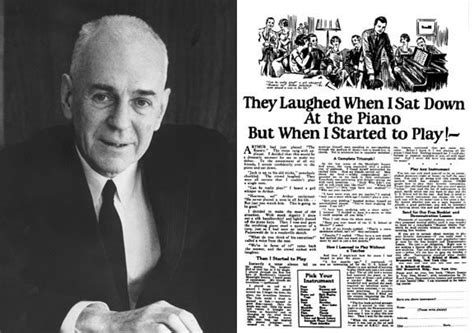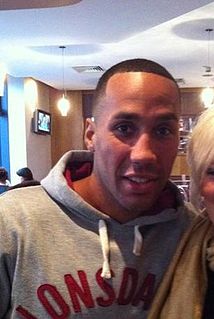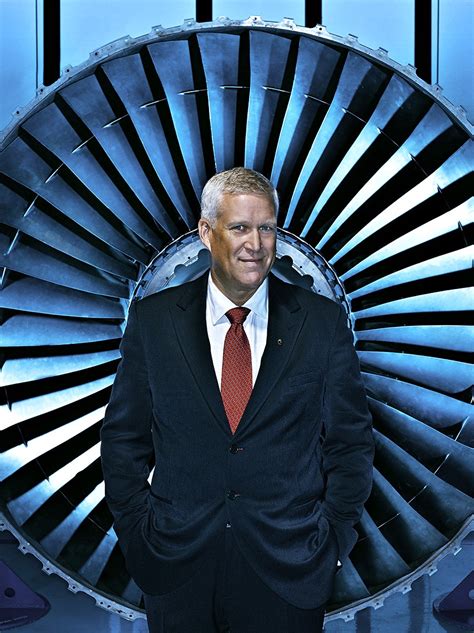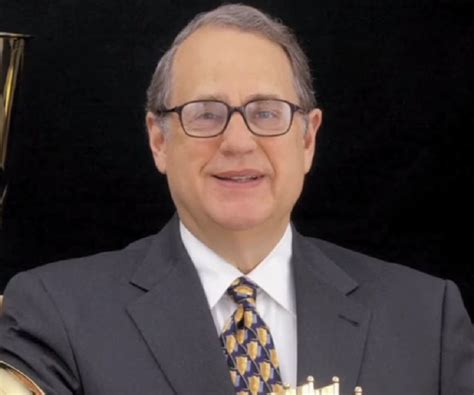A Quote by Mary Ritter Beard
It is grievous to read the papers in most respects, I agree. More and more I skim the headlines only, for one can be sure what is carried beneath them quite automatically, if one has long been a reader of the press journalism.
Related Quotes
I think blogging and the ability to instantaneously respond to news items has changed the way we approach all media. We're seeing people talking back to columnists, and going much further in the sexual realm than most papers, even alternative weeklies, will publish. I'm surprised more papers aren't having people do what you're doing with an online only column, and to be honest, I read almost all the media I do read online, and plenty of other people do, too, so I don't know what's stopping them.
When other women have this same operation, it doesn't make any headlines. But the fact that I was the wife of the President put it in headlines and brought before the public this particular experience I was going through. It made a lot of women realize that it could happen to them. I'm sure I've saved at least one person maybe more.
Sure enough, as merger has followed merger, journalism has been driven further down the hierarchy of values in the huge conglomerates that dominate what we see, read and hear. And to feed the profit margins journalism has been directed to other priorities than "the news we need to know to keep our freedoms"








































